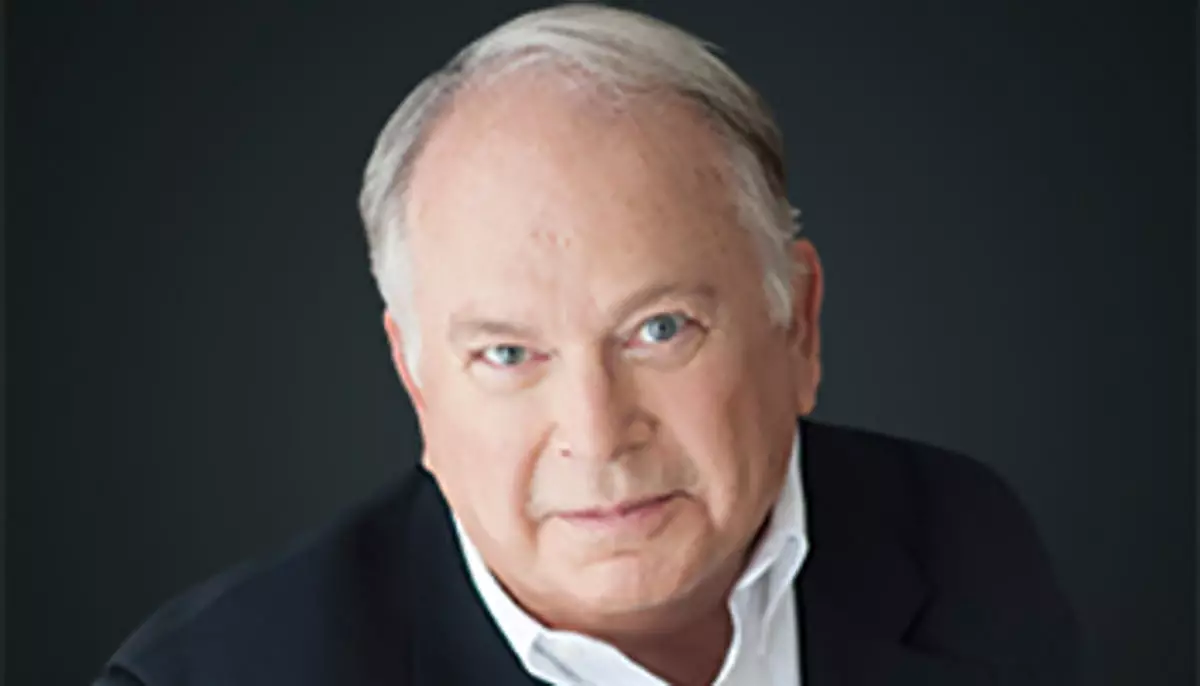The travel advisory industry stands at an intersection of commerce and passion, where a seemingly straightforward endeavor quickly escalates into a complex web of relationships, ethics, and responsibilities. For many travel advisors, curating an outstanding selection of destinations, accommodations, tours, and airlines is not merely workload, but a commitment to delivering unforgettable experiences. Each decision made behind the scenes has a tangible impact, influencing the economic well-being of various nations and the satisfaction levels of countless clients. As custodians of travel information, seasoned advisors must shoulder the weight of providing accurate, honest, and unbiased insights to their customers. Yet, their efforts are often clouded by industry practices that prioritize revenue generation over genuine consumer education.
One industry sector that epitomizes these challenges is cruise travel. The landscape is dotted with glossy reviews and accolades, but many of these publications and websites are sponsored by advertisers. Under such circumstances, one must question the authenticity of the reviews that dominate the discourse. It is crucial to differentiate between genuinely informative content and promotional fluff designed to entice both consumers and cruiselines. The unfortunate reality is that many travel writers rely heavily on invitations for complimentary trips, resulting in reviews that lack transparency. Consequently, readers are often left unencumbered by the biases that pervade the industry.
It’s disheartening that a majority of high-profile travel magazines and platforms feature misleading narratives that dilute the clear distinction between experiences on cruise lines. The absence of integrity can be traced back to a troubling industry structure where pay-per-click promotions and marketing incentives dominate over genuine consumer insight.
An analogy can be drawn with the automotive sector, where discerning clients can quickly identify the differences based on quality, performance, and brand reputation. The automotive industry celebrates brands like Ferrari and Ford without creating an illusion of parity between stickers on different vehicles. However, the travel sector often fumbles when establishing such clear markers of quality. Terms like “luxury” and “exclusive” have long been hijacked by marketing strategies that obscure true value and quality.
Without the clarity that other industries offer, consumers are left to navigate an ambiguous landscape, leading to confusion and misaligned expectations. This scenario underscores the vital need for travel advisors to step in, elevate the standards, and offer thorough, well-documented reviews that genuinely assist potential travelers in their decision-making processes.
The primary question remains: why invest time and energy into creating unbiased, merit-based reviews? The answer lies in the responsibility advisors owe to their clients. Shifting the paradigm from superficial accolades to comprehensive evaluations not only differentiates experienced professionals from less scrupulous players, but also fosters an environment where trust can flourish. A traveler whose expectations are expertly managed through genuine insights is more likely to become a loyal client, returning for future travel needs.
To truly reshape industry standards, travel advisors must be vigilant in preserving the integrity of their evaluations. Conducting in-house assessments devoid of outside influences—from both suppliers and advertisers—can lead to the development of rank-and-file metrics grounded in real experiences. With no wishy-washy ads integrated into the material, the results stand as a testament to the agency’s commitment to truthfulness.
Ultimately, the foundation of any successful advisory practice hinges on honest communication of facts, figures, and trustworthy recommendations. While the goal is to create unforgettable travel experiences, it is equally essential to foster informed choices among consumers. Only a few will be able to accurately identify the upper ranks of luxury cruising, but with the diligent work of dedicated advisors, industry distortions can be mitigated.
A responsibility rests on the shoulders of travel advisors to rise beyond the murky waters of inflated marketing jargon. Genuinely owning the process of research and review can empower consumers, creating a distinct separation between mere marketing and real value. This shift will not only enhance customer satisfaction but also bolster the reputation of travel advisors committed to fostering a culture of authenticity in an industry sorely in need of reform.


Leave a Reply